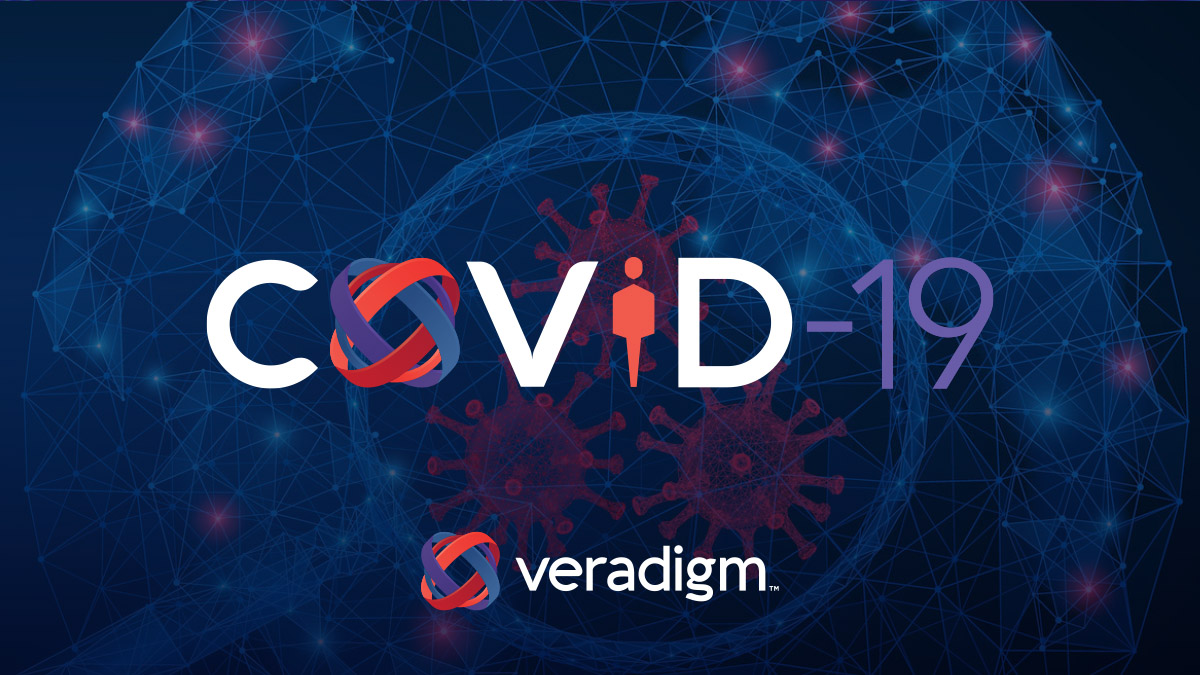Healthcare companies working together to aid COVID-19 research database

This week, Veradigm became a founding member of a consortium of leading healthcare companies who are pooling data to form the COVID-19 Research Database. The database will provide government and academic researchers with free and rapid access to large scale data in support of studies that help combat the pandemic.
The database is a secure collection of data sets that are made available to public health and policy researchers who will use the data to extract insights that can help them study how the disease is spreading, which population groups are most vulnerable and how effective proposed treatments are proving to be. It is a large and diverse repository of real-world data that is HIPAA-compliant, de-identified (does not include patient names or other identifying details), and includes medical claims, pharmacy claims, medical records via electronic health records (EHRs) and demographic data. As part of the consortium, Veradigm has agreed to provide de-identified EHR patient data for nearly 60 million U.S. patients with recent healthcare encounters.
According to the COVID-19 Research Database website “Until now, researchers and policy-makers seeking to answer questions about the pandemic could only do research on fragmented data sets (such as the data set from a particular hospital), or to conduct long, prospective clinical trials, which makes it difficult to rapidly answer questions about the epidemiology and treatment of the disease. The COVID-19 research database is a consortium of institutions pooling their de-identified and limited pandemic-related data to allow researchers to more rapidly conduct studies at a large scale.”
Among the industry contributors is Stephanie Reisinger, Vice President and General Manager at Veradigm who serves on the COVID-19 Research Database Governance Advisory Group and Lee Kallenbach PhD, MPH and Senior Clinical Consultant at Veradigm who is on the Scientific Steering Committee.
“Veradigm provides the largest commercially available source of de-identified ambulatory EHR data available for life sciences research, and we’re honored to be a founding member of this cross-industry collaboration,” said Reisinger. “The results derived from the collaborative are likely to be far more impactful than the sum of the individual contributors, and I’m excited to see what we can learn about COVID together.”
Veradigm’s staff experts regularly partner with Life Science organizations to leverage our data, analytics tools and healthcare provider network reach to conduct studies that address major healthcare challenges. According to Reisinger, “It is a natural extension of our work that we not only contribute our data to this initiative, but also lend our clinical expertise, led by Lee Kallenbach serving on the Scientific Steering Committee.”
Veradigm is proud to take part in this collaboration as part of our efforts to leverage our services, tools and data to support the fight against COVID-19. For more information about COVID-19 and our efforts, visit Veradigm.com.
References: